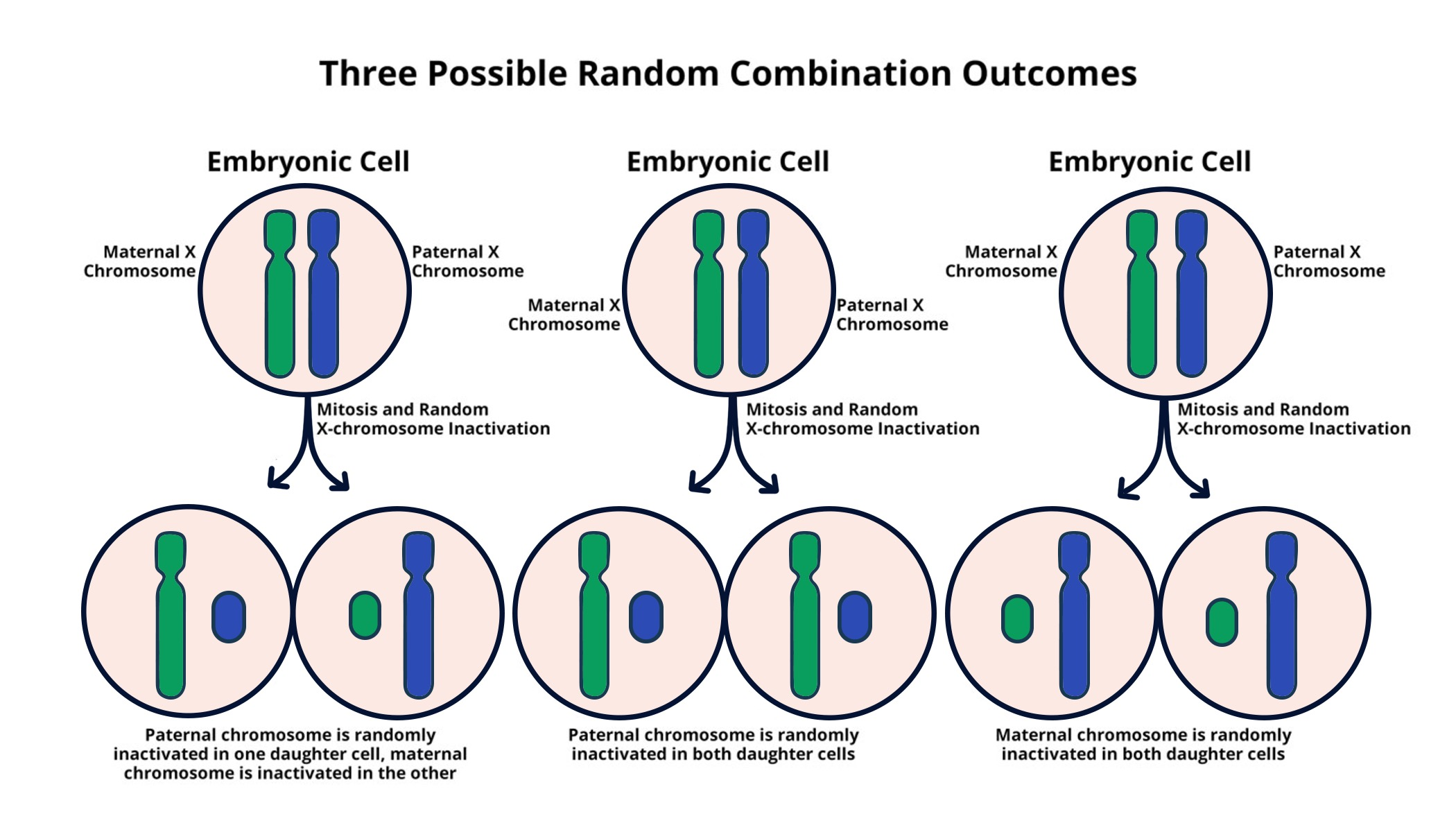Healthcare apps for cancer patients are revolutionizing the way individuals manage their treatment and recovery journeys. Designed to offer personalized healthcare through smart algorithms, these apps serve as critical cancer treatment support tools, providing real-time data and encouragement tailored to each patient’s unique needs. By utilizing techniques like reinforcement learning in health, these applications are constantly evolving to deliver adaptive interventions that boost medication adherence and improve overall health outcomes. For those undergoing significant procedures, such as stem cell transplants, these innovative apps can alleviate the burden of meticulous health management, allowing patients and caregivers to focus on recovery. As technology continues to advance, the potential for healthcare apps to enhance the quality of life for cancer patients becomes increasingly promising.
Cancer care applications are emerging as vital assistants for patients navigating the complexities of their treatment regimens. Often referred to as personalized healthcare platforms, these tools utilize advanced algorithms to adapt support strategies, thereby facilitating better adherence to medical protocols. Whether termed cancer treatment support applications or even adaptive healthcare solutions, they embody a new frontier in medical technology, merging support with sophistication. By integrating reinforcement learning strategies, these apps actively learn from patient interactions to optimize guidance and promote healthier habits. As a result, they provide not only clinical benefits but also empower patients and families as they traverse the challenging path of cancer recovery.
Innovations in Healthcare Apps for Cancer Patients
In recent years, healthcare apps for cancer patients have emerged as a beacon of hope during challenging treatment processes, especially for those undergoing procedures like stem cell transplants. These applications are designed to provide tailored support, addressing the specific needs and unique challenges faced by individuals in their recovery journey. By utilizing advanced algorithms, these apps break away from traditional one-size-fits-all models, offering personalized healthcare services that adapt based on patient feedback and data.
With the integration of sophisticated technologies like reinforcement learning in health, these apps continuously evolve, optimizing their functionality based on user interaction. This means that every time a patient engages with the app, it learns what works best for them, whether it’s sending timely medication reminders or motivational messages to support adherence to treatment protocols. In doing so, these personalized healthcare apps not only enhance patient satisfaction but also significantly improve health outcomes.
The Role of Adaptive Intervention in Cancer Treatment
Adaptive intervention in healthcare represents a groundbreaking approach, particularly within cancer treatment landscapes. This innovative methodology relies on data-driven strategies that tailor treatment regimens to individual patients, based on their responses and changing health statuses. This adaptive nature ensures that patients receive the most effective support, enhancing their ability to cope with the side effects of treatment and improving overall medication adherence.
For cancer patients, adaptive intervention means that healthcare apps can adjust their algorithms to account for fluctuating patient needs. For instance, if a patient signals increased stress or side effects, the app can trigger additional support mechanisms, such as reminders for relaxation exercises or prompts to consult healthcare professionals. By integrating such personalized features, patients experience a supportive environment that acknowledges their unique journeys and fosters better management of their recovery.
Reinforcement Learning: The Future of Health Technology
The application of reinforcement learning in health technology is revolutionizing how healthcare providers approach treatment adherence. By employing algorithms that learn from each patient’s interactions, these technologies can create highly customized experiences that resonate with individual preferences and routines. This dynamic learning approach enables apps to refine their support processes, ensuring that interventions are timely and relevant, which is crucial for patients managing complex treatment plans.
As we look towards the future, leveraging reinforcement learning within healthcare apps will likely lead to even more advanced applications aimed at cancer treatment support. These systems promise to utilize real-time data and predictive analytics, allowing for even more proactive interventions that can significantly enhance patient compliance and improve outcomes. Over time, this could reshape the landscape of healthcare, making it more responsive and user-friendly for those navigating the challenges of illness.
Enhancing Patient-Caregiver Relationships through Technology
One of the crucial aspects of cancer recovery is the relationship between patients and their caregivers. Technology is playing an increasingly pivotal role in enhancing these relationships, particularly through dedicated apps designed to facilitate communication and shared responsibilities. By incorporating features that support both patients and caregivers, these applications ensure that everyone is on the same page regarding treatment plans and medication adherence.
For example, apps developed by Susan Murphy’s lab not only send reminders to patients but also dispatch messages to caregivers, fostering a collaborative environment. This dual approach allows caregivers, often parents or family members, to stay informed and involved in their loved ones’ care, thus improving the overall support system. Enhanced interaction through technology enables caregivers to offer better assistance, ultimately leading to improved patient outcomes.
Challenges in Medication Adherence and Solutions through Apps
Research indicates that over 70% of cancer patients struggle with adhering to medication regimens, which can significantly impact treatment outcomes. Understanding these challenges is essential in developing effective healthcare apps tailored for cancer patients. The integration of user-friendly interfaces, personalized tips, and regular feedback mechanisms is vital for motivating patients to stick to their prescribed protocols.
Healthcare apps for cancer patients address these issues by providing continuous support and reminders designed to suit each patient’s lifestyle and preferences. By harnessing the power of adaptive intervention, these applications can modify their alert systems based on user behavior, ensuring that reminders do not become excessive or annoying. This thoughtful approach promotes a more positive user experience, leading to higher adherence rates and better health outcomes.
Gamification in Cancer Treatment Support Apps
Gamification in healthcare has proven to be a powerful tool, especially in apps designed for cancer treatment support. By integrating game-like features, such as challenges, rewards, and progress tracking, these apps encourage patients to engage more actively with their treatment plans. Research shows that gamification can effectively enhance motivation and adherence, making the recovery process feel less daunting.
Incorporating elements of fun and competition into healthcare apps helps patients establish a routine while also recognizing their achievements. For instance, apps might include exercises that challenge users to complete tasks related to medication adherence or self-care practices. This approach not only fosters a sense of accomplishment but also connects patients with others, creating communities that support one another throughout their journeys.
Understanding the Importance of Data Security in Health Apps
With the rise of personalized healthcare apps, especially those dealing with sensitive information like cancer treatment, data security has become a paramount concern. Patients need assurance that their health data is protected from breaches and misuse. Developers are now implementing rigorous security measures, including encryption and secure data storage, to maintain patient confidentiality and trust.
Additionally, educating patients about how their data will be used and the importance of privacy is essential for compliance and engagement with these apps. By prioritizing data security and transparency, healthcare providers can enhance patient confidence, encouraging greater participation in these innovative technological solutions designed to improve cancer care.
Future Directions for Personalized Health Solutions
The future of personalized healthcare solutions is bright, particularly with the continued evolution of technology in the healthcare industry. As researchers develop more sophisticated algorithms capable of predictive analysis and real-time adjustment, we can expect these applications to become even more integrated into everyday health management for cancer patients. This shift towards personalization aligns not only with individual needs but also encourages a proactive approach to health.
Emerging technologies such as artificial intelligence, machine learning, and big data analytics promise to enhance the capabilities of healthcare apps by providing richer insights into patient behavior and preferences. This will allow for an even greater level of customization in treatment support, helping patients navigate their recovery experiences more effectively. As these advancements unfold, the landscape of cancer treatment will likely see a substantial transformation, leading to improved quality of care and patient experiences.
Integrating Behavioral Science in Healthcare Technology
Behavioral science plays a critical role in understanding how individuals interact with technology, especially in healthcare apps designed for cancer patients. By applying principles of psychology, developers can create applications that not only provide information but also motivate users to make healthier choices. Insights from behavioral science help in designing features that encourage adherence and promote positive health behaviors.
In the context of cancer treatment, understanding the psychological factors influencing a patient’s motivation can significantly improve app efficacy. For instance, features that allow for social support, reminders based on emotional states, or gamification elements can leverage behavioral insights to enhance engagement. As healthcare technology continues to evolve, the integration of behavioral science will become increasingly important for crafting apps that truly resonate with users and support their rehabilitation journeys.
Frequently Asked Questions
What are healthcare apps for cancer patients and how do they help?
Healthcare apps for cancer patients are personalized healthcare applications designed to support individuals undergoing cancer treatment. They provide timely reminders for medication, information about side effects, and adaptive interventions tailored to each patient’s unique needs. These apps utilize advanced algorithms and reinforcement learning to enhance adherence to treatment protocols, improve communication with caregivers, and ultimately facilitate a smoother recovery process.
How do personalized healthcare apps improve treatment adherence for cancer patients?
Personalized healthcare apps enhance treatment adherence for cancer patients by using algorithms that learn from individual patient interactions and continuously adapt their support strategies. These cancer treatment support apps send reminders, motivational prompts, and tailored messages based on the specific contexts and needs of each patient, ensuring that notifications are relevant and impactful, thereby encouraging adherence to medication and care protocols.
What is the role of adaptive intervention in healthcare for cancer patients?
Adaptive intervention in healthcare for cancer patients involves using technology to customize support and treatment approaches based on real-time patient feedback and behaviors. In the context of healthcare apps for cancer patients, this means the app can adjust its prompts and recommendations dynamically, depending on factors such as mood, medication adherence, and progress, making the support more effective and timely.
How does reinforcement learning in health enhance cancer treatment apps?
Reinforcement learning in health enhances cancer treatment apps by allowing them to learn from user interactions over time. This means these apps can optimize their recommendations, reminders, and support based on what has worked well in the past for each individual. By personalizing the user experience, healthcare apps for cancer patients can significantly improve engagement and treatment outcomes.
What features should I look for in stem cell transplant apps for cancer patients?
When looking for stem cell transplant apps for cancer patients, consider features such as real-time medication management reminders, adaptive interventions that change based on user behavior, psychological support tools, and social network integration to foster connections between patients and caregivers. Effective stem cell transplant apps should also include educational resources about the transplant process and recovery guidelines.
Can cannabis users benefit from healthcare apps designed for cancer patients?
Yes, cannabis users can benefit from healthcare apps designed for cancer patients, particularly those that focus on managing symptoms associated with cancer treatments. These apps can provide personalized recommendations for cannabis use, monitor its effects on treatment side effects, and encourage adherence to medication regimens while integrating reinforcement learning to improve interactions and outcomes.
What makes cancer treatment support apps different from traditional health apps?
Cancer treatment support apps differ from traditional health apps due to their focus on delivering tailored, real-time support specifically designed for the unique challenges faced by cancer patients. Utilizing advanced algorithms and just-in-time adaptive intervention, these apps provide personalized health management, enhancing treatment adherence and emotional support in a way that general health apps typically do not.
Are there any clinical trials related to healthcare apps for cancer patients?
Yes, several clinical trials are underway to evaluate the effectiveness of healthcare apps for cancer patients. One notable example is the ADAPTS HCT trial, which focuses on using a personalized app for adolescents and young adults who have undergone stem cell transplants. These trials aim to assess how adaptive interventions through technology can improve patient outcomes and caregiver communication.
| Key Points | Details |
|---|---|
| Personalized Healthcare Apps | Apps leverage reinforcement learning algorithms to provide real-time support for cancer patients and their caregivers. |
| Challenges in Medication Adherence | Over 70% of cancer patients do not adhere to their medication regimens, indicating a need for continuous support. |
| Involvement of Caregivers | 73% of family-care partners manage the medication for cancer patients, highlighting the need for tools that support both parties. |
| Just-in-Time Adaptive Intervention | The app customizes reminders and supports based on individual patient needs, aimed at improving adherence and outcomes. |
| Collaboration with Other Institutions | The Murphy lab works with clinicians and software engineers to develop and test new apps tailored for cancer care. |
| Current and Future Trials | Clinical trials such as ADAPTS HCT focus on young adults post-stem cell transplant, ensuring tailored guidance. |
| Expanding Applications | The lab explores other uses, including reducing cannabis use and improving dental care adherence through specific apps. |
| Goal of the Apps | Create cost-effective digital supports that function as ‘personal healthcare coaches’ to empower patients. |
Summary
Healthcare apps for cancer patients are transforming the way individuals manage their health post-diagnosis. By utilizing advanced algorithms and personalized support, these apps aim to enhance medication adherence and facilitate better health outcomes. With many patients juggling challenging treatment regimens and the emotional burden of illness, these innovative digital tools promise to serve as crucial aids, ensuring they receive the timely assistance required for effective self-management and recovery.


